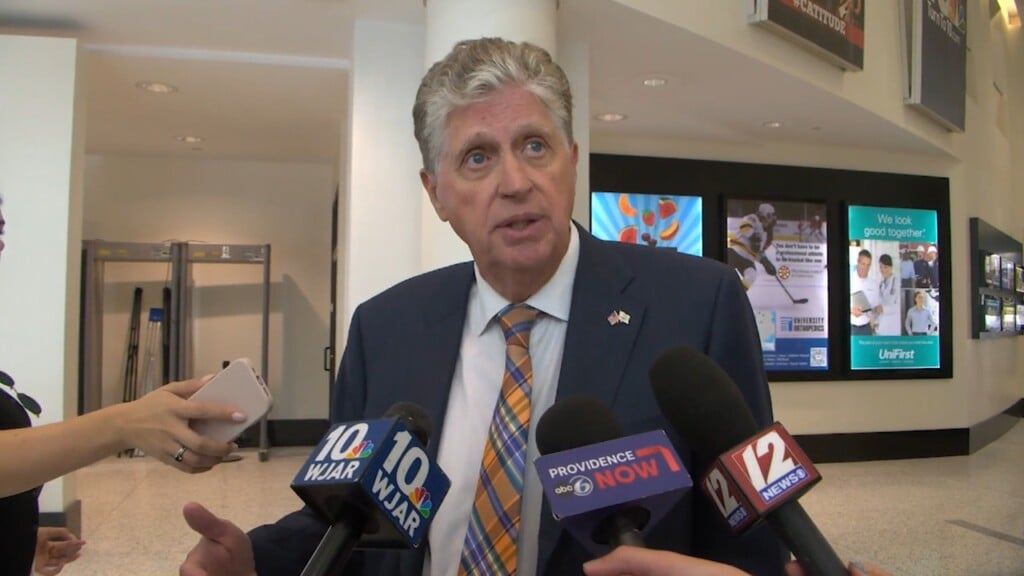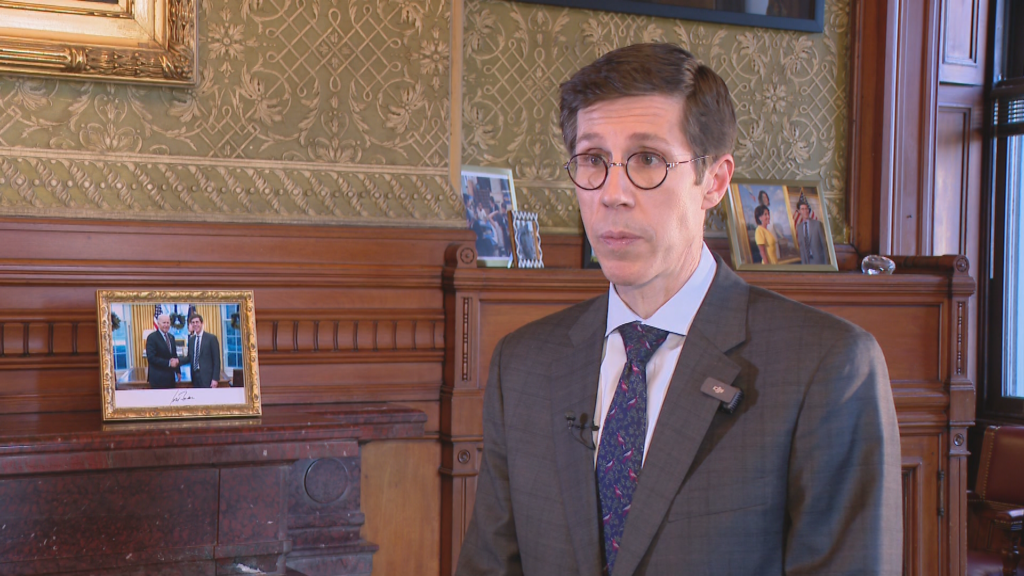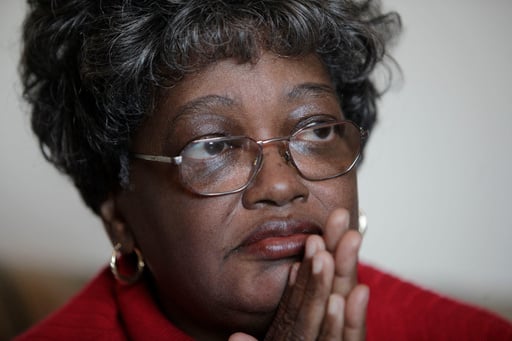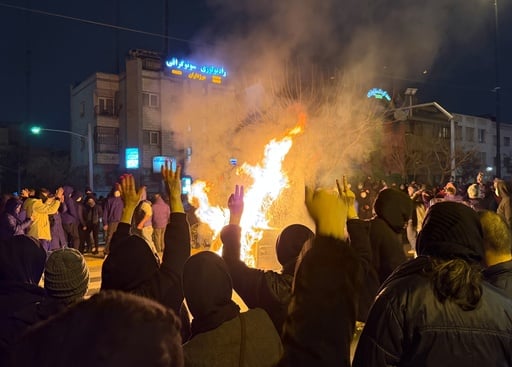Dee from the Desk: Ten lessons to take from Tuesday’s governor’s race
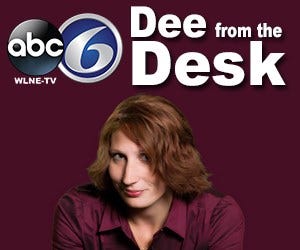
As the dust has settled after Tuesday’s Election there are a few lessons we can take from the day.
First, while there is a Moderate party there can be no viable Republican candidates for governor. Historically, in
Second,
Third, while there is some validity to the claim that Bob Healey cost Fung the election, Buddy Cianci didn’t help him either. Democrats turned out to vote in
Fourth, Fung should have spent more time in the
Fung also needed decisive victories in
Fifth, negative campaigns do turn people off. The amount of negativity on the airwaves the last few weeks of the election is probably what drove some voters to Bob Healey who was not on television attacking his opponents and was not being attacked.
Sixth, campaign platforms don’t matter as much as we think. Candidates and campaigns spend tons of time touting ideas and rolling out platforms but in the end the guy who had virtually no platform still got 21% of the vote. Healey had a few ideas he offered up through debates such as legalizing marijuana and not paying back the 38 Studios loans but he never had the “comprehensive” (ever notice how much politicians love that word?) campaign platform roll outs that Raimondo and Fung did. Instead he said he would assess the situation when he was elected and use common sense to help him govern.
Seventh, anyone can be called a political insider, even Healey. Depending how you define insider most people who run for statewide office are. For instance, Bob Healey has been on the ballot for a decade now, people know his name. Healey knows the political game and the community. He may not care or choose to play it and he hasn’t been elected to office but it doesn’t mean it he is not politically astute and clearly aware of the players, much more so than the average voter.
Eighth, money is not everything. Healey’s largely grassroots campaign on a $35 budget proves it. This kind of campaign wouldn’t work for just anyone though. Healey has an image. People think of him as “cool” in fact in the past he labeled himself as a “Cool Moose.” Healey’s $35 versus the millions dumped into the race by Raimondo, Fung, and outside interests. Not to mention in 2010, Block went on TV with ads and spent hundreds of thousands of dollars on his campaign and only grabbed 6% of the vote.
Ninth, you don’t need talk radio to get elected in RI. Every candidate on the statewide ballot who won, aside from Lt. Governor Elect Dan McKee, participated in the boycott of radio talk shows and guess what, they still won. Most likely because most voters are not as inside as talk radio and the blogosphere is and these insider news outlets probably don’t play into voters decisions that much.
Ten, the Moderate Party is alive and not likely to go anywhere. Healey’s candidacy as a Moderate probably renewed interest in the party started by Ken Block in 2010. It is probably likely more people disenfranchised with the political system will look to register as Moderates and alternative candidates may even look to run as Moderates in the future. One this is clear, Block’s departure from the Moderate Party did not kill it.
Follow me on Twitter: @DeeDeQuattro
